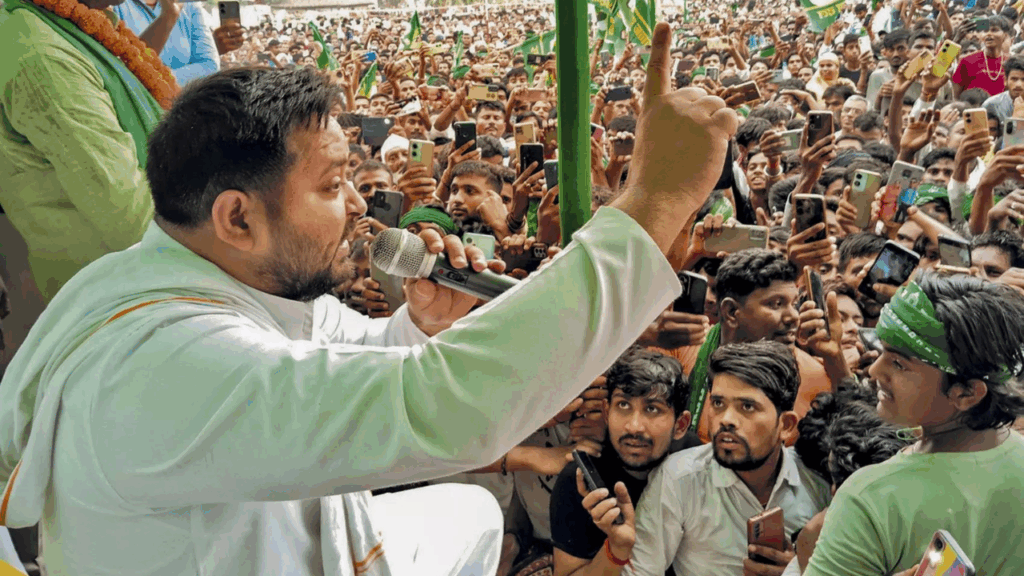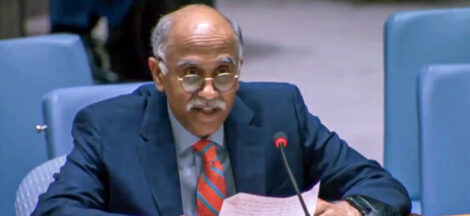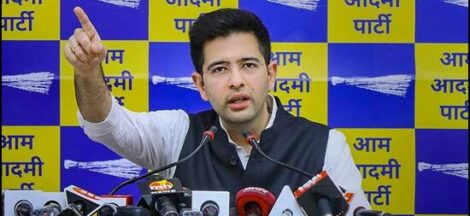
Tejashwi Yadav welcomed former Bihar minister and Lok Sabha MP Renu Kushwaha into the Rashtriya Janata Dal on Wednesday in Patna, signalling a consequential shift in the state’s political terrain ahead of the forthcoming assembly elections. The induction, attended by senior party leaders, marks a calculated effort by RJD to appeal beyond its core constituencies.
Renu Kushwaha’s move is significant: once close to Nitish Kumar, she represented BJP in 2019 after being denied a Lok Sabha ticket from Khagaria, before joining the Lok Janshakti Party and leaving it in April 2024 under controversial circumstances. Her political résumé includes three terms as MLA, a tenure as MP, and two service stints as a state cabinet minister. Her established presence in Bihar’s eastern districts enhances the RJD’s reach, particularly among the Kushwaha caste.
Tejashwi Yadav emphasised that her arrival would “strengthen the ideology of social justice and secularism” and appealed directly to voters who felt sidelined by the BJP-RSS axis. State RJD president Mangani Lal Mandal reinforced this tone, expressing confidence that the party was gaining momentum and positioning itself for governance under Tejashwi’s leadership.
Kushwaha’s shifting allegiances reflect her own political pragmatism. Following ticket denials—first from BJP in Khagaria and then from LJP —she has recalibrated her standing to align with evolving power dynamics. RJD officials present framed her move as part of a broader strategy to extend the party’s footprint beyond the traditional “MY” voter bloc.
The BJP and its National Democratic Alliance partners have positioned their campaign on narratives of public welfare and strong leadership. But the RJD’s recruitment push appears designed to target caste-driven vulnerabilities among OBC communities that have historically been courted by opposition forces. Renu Kushwaha’s prominence in Madhepura and Khagaria, which are key battleground regions, lends weight to this approach.
However, critics argue that RJD may be deepening its dynastic and patronage concerns. Internal dissent over nepotism, as seen during a protest by RJD youth earlier this month accusing the party of favouring family-linked appointees, points to challenges within. Meanwhile, the JD, under Nitish Kumar, reacted defensively; its leaders rebuffed RJD’s charges and questioned its internal democracy.
This phase in Bihar’s election cycle has also seen RJD’s patriarch, Lalu Prasad Yadav, file for a 13th consecutive term as party president. While not directly related to Kushwaha’s entry, the move showcases the entrenched familial control within the RJD and shapes perceptions of the party’s institutional culture.
Observers note that RJD is actively recalibrating its electoral strategy. The inclusion of figures like Kushwaha signals an intent to expand its appeal to non-Yadav OBCs, historically a contested space between RJD, JD, and BJP. With vote shares in this segment crucial to electoral tallies, each defection carries tactical implications.
As the campaign intensifies, the RJD appears to be positioning itself as a credible alternative by tapping diverse community leaders and challenging its rivals on social justice credentials. Whether this strategy will translate into tangible electoral gains remains to be seen, particularly in the face of counter-mobilisation by coalition partners and scrutiny over internal party dynamics.




 Sisodia Emerges as Likely AAP Choice for Rajya Sabha
Sisodia Emerges as Likely AAP Choice for Rajya Sabha 